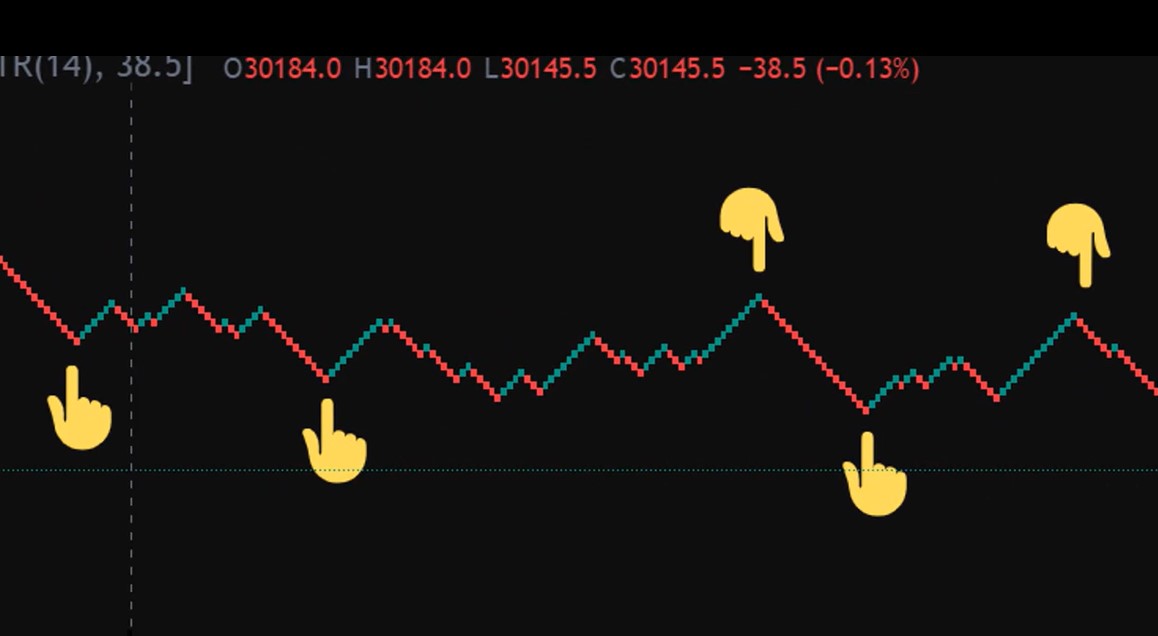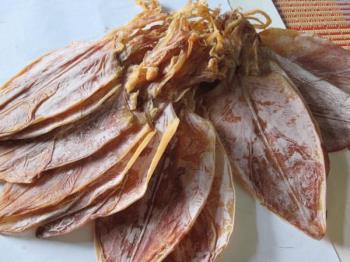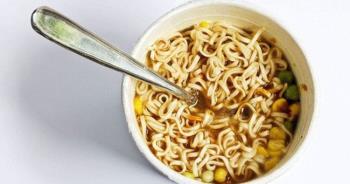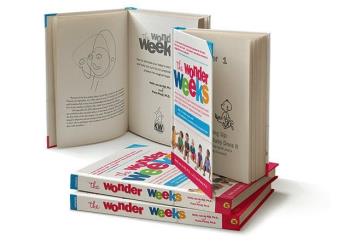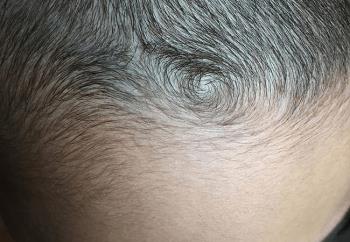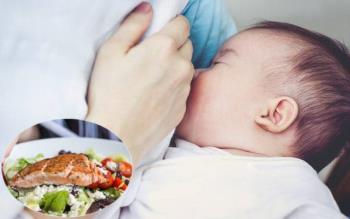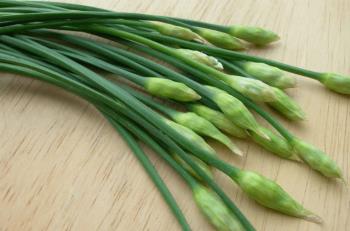Allergy after caesarean section is not uncommon in pregnant women. The allergy postnatal surgery does not affect much to the health of the mother. However, it makes mothers feel uncomfortable in everyday life. So where does the reason come from that after cesarean delivery, mothers are allergic? How to cure as well as how to prevent it?
What is allergy after cesarean section?
Allergy after cesarean section is a common skin disease in women with sensitive sites. This occurs when the mother comes in contact with one or more external environmental pathogens. In addition, changes inside the body cause an allergic phenomenon.
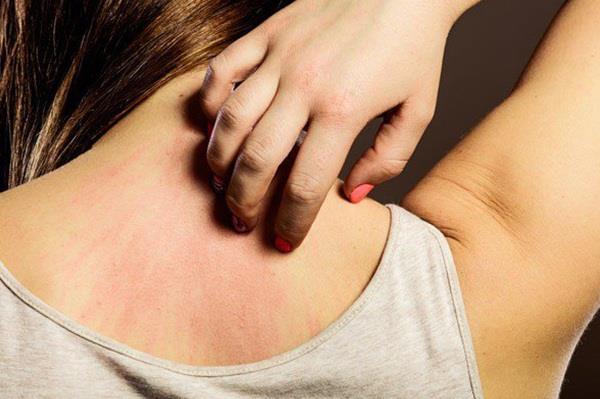
Allergies after cesarean section are common in women with sensitive sites
Studies of doctors have shown that allergies are becoming more and more popular in our country. Allergies occur in about 20-30% of the population. In particular, pregnant and postpartum women with allergies account for 5 - 10%.
Some of the main symptoms when pregnant women have a postpartum allergy such as:
Skin rashes red like mosquito bites.
The rash is usually located on the abdomen, wrists, and legs and spreads into large patches throughout the body.
These rashes are also often accompanied by lumpy and edema.
You will have an itchy sensation in the area of the hives.
I get itchy much at night or in the evening.
Swollen and swollen areas of the eyelids, lips, and genitals, accompanied by a burning sensation.
The cause of allergy after cesarean section
The immune system is weakened
Currently there is no information to confirm the main cause of allergy. However, based on the diagnosis results of mothers when going to see and treating dermatology hospitals, doctors have made that most postpartum allergies occur due to the immune system in the body is impaired.
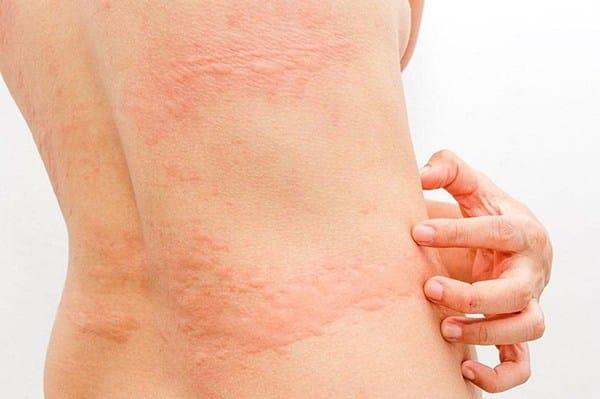
When the immune system is changed, the mother's body is more easily attacked by external allergens. At this point, the mother's body cannot eliminate all invasive reactions. In the long run the disease will flare up and cause some skin rashes, itching, swelling, and difficulty breathing. Allergic location can be found anywhere on the mother's body, adversely affecting daily living habits.
External agents
The nutritional regime is not sufficient, not scientific.
Use some medications like anti-inflammatory.
Eat foods that cause allergies such as eggs, milk, and seafood.
Allergic to certain factors such as pollen, animal hair.
Weather is also the cause of allergy to mothers after birth.
The mother's liver is impaired.
Living habits are not as good as staying up late, stress ...
How long does allergy after cesarean section go?
The time when a mother can stop allergy after a cesarean section depends on the mother's condition. Besides, there are some other factors such as:
Mother's health: if a mother has good health and adequate and scientific nutrition, the time to cure will be faster than mothers with poor and unscientific nutrition.
The severity of the disease: if the mother has an acute allergy, the healing time will be faster than the chronic allergic disease.
Skin structure: Different sites as well as skin structure have different recovery times. Mom may be allergic within 2-3 days and then go away or may last for several weeks.
How to treat allergies after cesarean section
Mom can apply some home allergy treatment such as:

To treat allergies after giving birth, there are many ways the mother can apply
Drink lots of water, you can drink green tea or herbal tea.
Take a bath with oatmeal.
Wear loose and cool clothes.
Make a routine of living. Eat on time, sleep early, reduce stress.
Eat and drink full of nutrients.
Always keep the body warm, away from wind, bacteria and allergens.
Keep body clean every day.
Allergy after cesarean section is a very common phenomenon in pregnant women. While the allergy is not life-threatening, it has an impact on the mother's life and health in the postpartum period. In case of severe illness, mothers should see a doctor for a checkup.
See more:
Solution for allergy cosmetic during pregnancy safe for mothers
Food allergies in children and how to treat them
Whether or not the baby has a breast milk allergy




